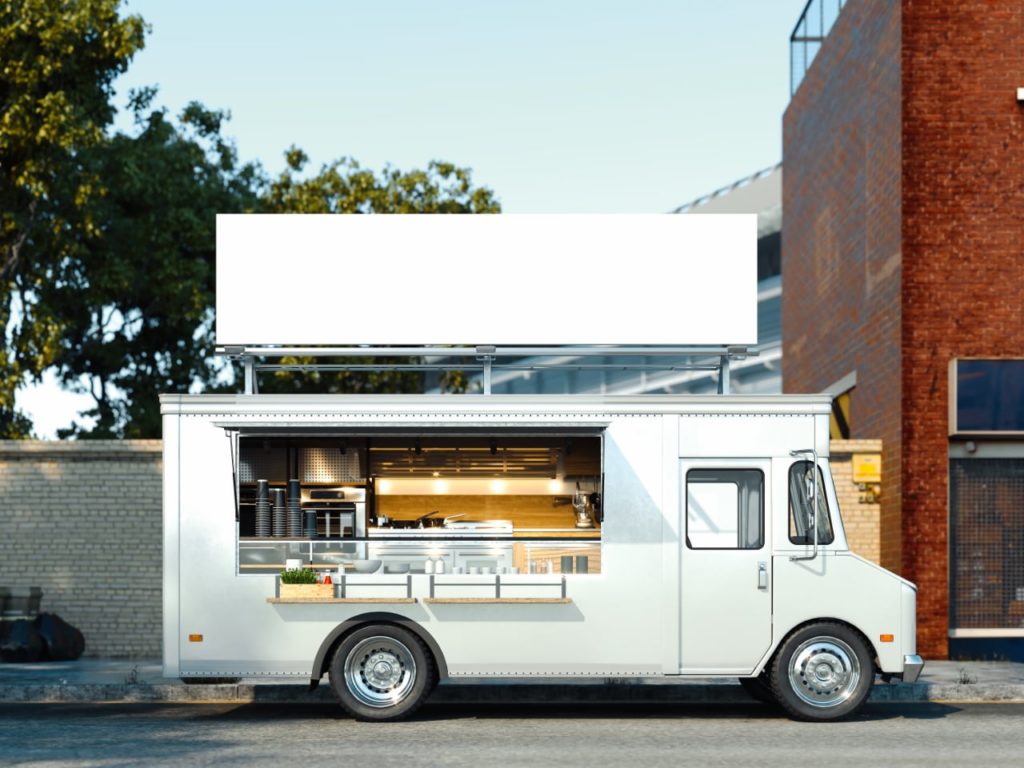A pop-up store, also known as flash retailing, is a practice in which a brand opens a random salesroom for a limited time and then closes it. It’s a shop that ‘pops up’ to accomplish a specific target. While the idea of shared retail spaces (think markets or fairs) has been around for decades, the word “pop-up retail” only came to life in the late 1990s.
A pop-up store is usually temporary. It opens up in a specific place, and it’s there for a limited period. The period can range from a couple of weeks to a few months. Over the years, this concept has evolved to include shipping containers.
These shipping container business ideas have come a long way. From construction company offices, coffee shops, to e-commerce workspaces, almost all types of business industries are already considering this concept.
What Makes A Pop-up Store Popular
Pop-ups allow the brand to create a memorable experience and be hands-on with its consumer. For instance, a brand can open a store in a highly populous area during a busy year, like during a big football game. The fact that it can be moved easily from one place to another makes it more appealing to business owners.
The 3 Advantages Of A Pop-up Shop
The rise in popularity of pop-up shops can be credited to the continued diversification in the retail landscape. Some businesses, including many with no retailing experience, are attempting to achieve the same results as the successful and established brands through the pop-up retail model.
There are many reasons why a pop-up shop is a great idea to consider in opening a retail store. Its advantages shall be discussed in detail according to their stakeholders. These are the customers, the brand, and the store owners.
1. Customer Benefits
The most apparent advantage of a pop-up store is its creative and cost-effective way of promoting the brand. Not all customers are interested in visiting a physical store when they’re looking for a specific product. The challenge is to get their attention long enough for the product to sell out and pop-up stores excel in this area. Also, these retail shops allow a customer to interact with the brand in an environment conducive to its operations.
Despite the difference between pop-ups and traditional brick-and-mortar stores, you can still see that the best results come from both types of shops. This is probably because it doesn’t really matter if it’s a pop-up or a shop that’s permanently open. As long as the owners ensure they have a special offer, inventory, and quality service, people will flock to their stores in search of a great find.

2. Brand Benefits
A branded space allows consumers to see your brand in a retail setting and experience your products. Pop-up stores are a great option for this as they’re one of the cost-effective ways to increase brand awareness. With a pop-up, businesses can focus on sales without a fixed retail space’s financial and logistical risks. They’re often less expensive than traditional retail spaces.
Pop-up retail also allows services to be delivered smoothly to its customers. Consumers can taste a company’s products or services before making a purchase. For example, a chocolate company can test different flavors with different customers. They can also sell gift bags containing the limited-edition products created in small batches.
Pop-up stores also come with other benefits for businesses. Because it’s a pop-up store, you can use local parks or an open space to place it, and people can find it easily. They’re even portable. You can set it up for a couple of months in an outdoor or temporary area in the city, and relocate it by the time the next season starts. Businesses also can trial different designs, colors, and marketing styles before committing to any in-store branding.
All these benefits can allow any brand to improve its current strategy and build awareness for its business.
3. Store Owner Benefits
Store owners can benefit a lot from a pop-up store. From rental costs to testing locations, choosing a pop-up shop for a start-up might contribute to a business’s growth.
As a business owner, pop-ups can allow you to test locations and see how well your products will perform in each area. This allows you to see where your actual market can be located for increased visibility and better returns.
Because pop-up stores can be portable, you can transfer their location anytime you please. You can choose locations where you’ll need to pay only minimal rent for a day. You can also opt for free spaces, especially when there’s an event in a particular locale.
Lastly and probably the most important of all, putting up pop-up stores lowers business risks. It allows you to try to find out if there’s a market for your products and services. In case your brand won’t work out, you don’t have to worry about the leasing costs that come with renting spaces. Some businesses are locked into a long-term lease for a regular retail space which is problematic if the product failed.
Conclusion
Pop-up shops are becoming popular each year. If you’re a business owner and you don’t have enough budget yet to rent out a traditional space for a retail shop, then a pop-up store is ideal for you. It has a lot of advantages that both customers and store owners can benefit from. Customers can easily see pop-up stores, which enables them to interact with the brand physically. Business owners can also save a lot from not incurring rental or leasing costs.





